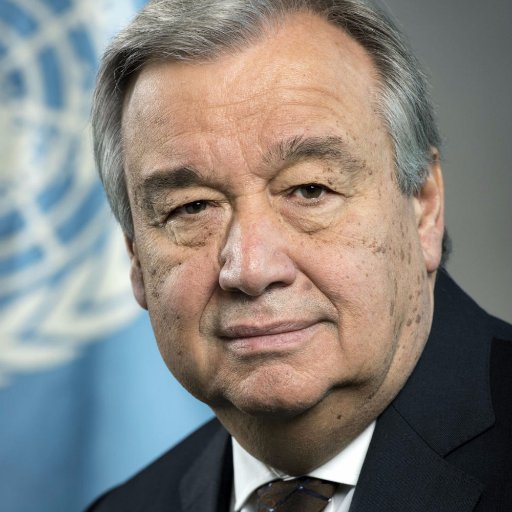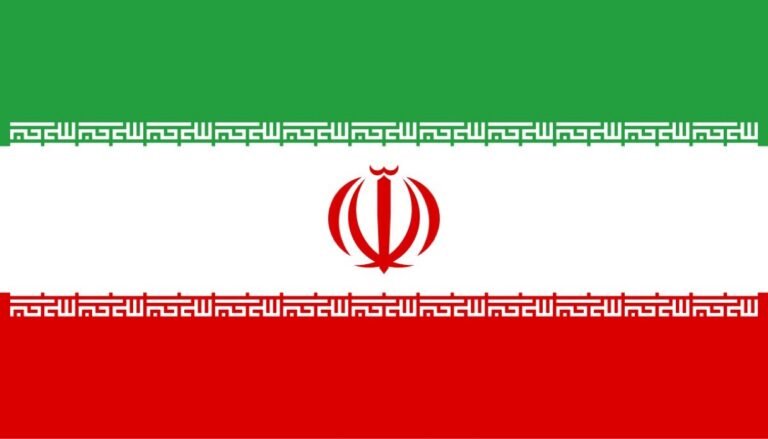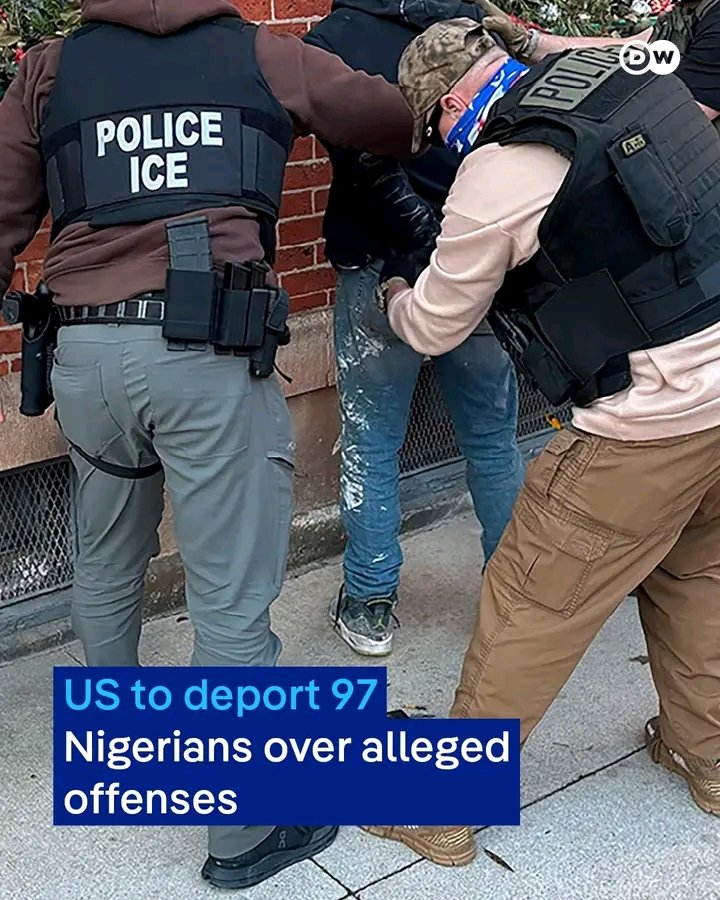
In a significant expansion of its immigration enforcement strategy, the United States has reached bilateral agreements with Honduras and Uganda to accept migrants deported from the U.S.-Mexico border who are not their citizens, according to documents obtained by CBS News, the BBC’s US partner.
The move is a central part of the Trump administration’s aggressive push to send undocumented migrants to third countries, effectively circumventing laws that prevent deportations to nations where individuals might face persecution.
Under the terms of the new agreements:
- Uganda has agreed to accept an unspecified number of African and Asian migrants who unsuccessfully claimed asylum in the U.S. The deal stipulates that those accepted must not have criminal histories, though the final cap on numbers remains unclear.
- Honduras will receive several hundred deported people from Spanish-speaking countries over a two-year period. The agreement includes families with children, and documents suggest the Central American nation could opt to accept more.
These deals are part of a broader, multi-continental effort by the administration to forge deportation arrangements, often with countries that have been criticized for their human rights records. To date, at least a dozen nations have agreed to such terms.
The policy has drawn fierce condemnation from human rights organizations. Campaigners argue it puts vulnerable migrants at risk of being sent to countries where they have no ties and could face harm or be deported again to dangerous situations.
This strategy has been developing for months. Last week, the State Department signed a “safe third country” agreement with Paraguay. Earlier this month, Rwanda announced it would accept up to 250 migrants from the U.S., retaining the right to approve each individual case. The East African nation has itself been criticized for its human rights record.
The administration has also successfully approached Panama and Costa Rica to take in hundreds of migrants and has made overtures to countries like Ecuador and Spain, according to the documents.
The legal foundation for this approach was solidified in June when the U.S. Supreme Court cleared the way for the government to resume deportations to third countries without giving migrants the opportunity to argue the risks they might face there. The decision was denounced in a dissent by Justices Sonia Sotomayor, Elena Kagan, and Ketanji Brown Jackson, who called it “a gross abuse.”
UN rights experts and advocacy groups have consistently argued that such removals could violate international law. Despite the controversy, the policy remains a cornerstone of President Trump’s second-term efforts to fulfill a key campaign promise to crack down on illegal immigration, a issue that galvanized his political base.








